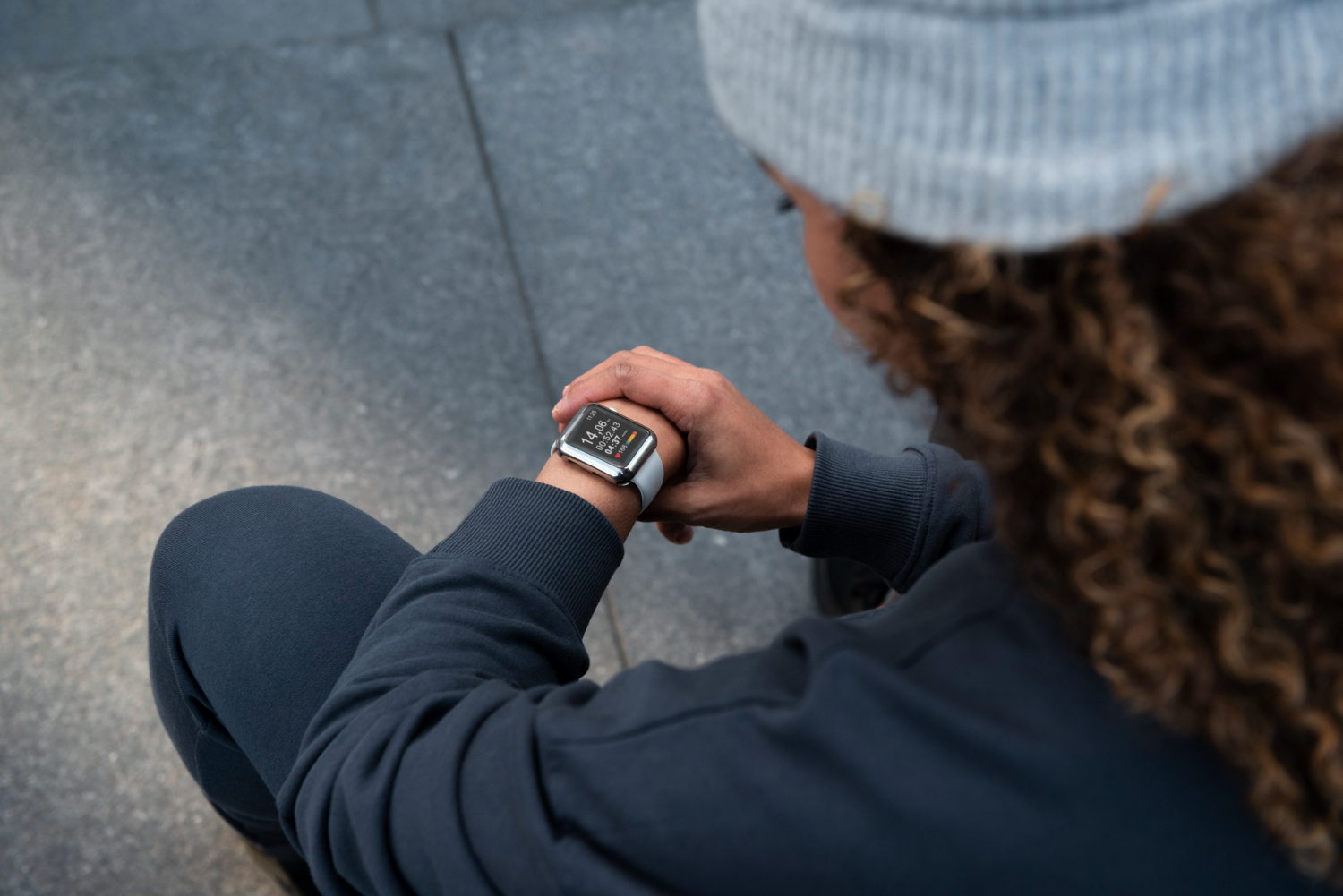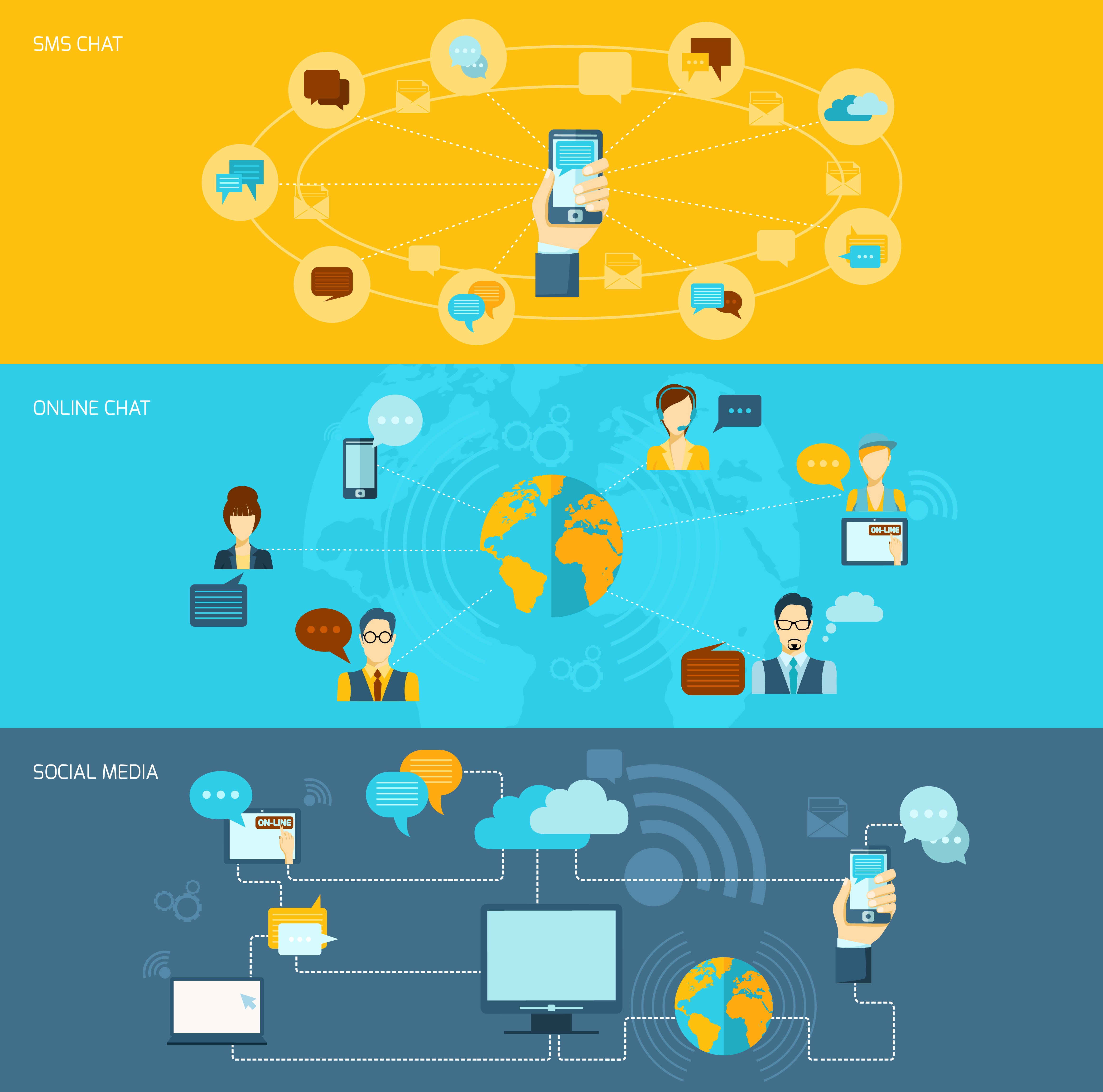Smart wearables are no longer just fitness trackers. These devices monitor health, manage calls, and even detect illnesses. From smartwatches to AR glasses, wearables are becoming essential tools in everyday life.
Smart wearable technology is evolving from simple step counters to fully integrated health and productivity devices. Smartwatches now track heart rate, sleep cycles, and even oxygen levels, offering early warnings for potential health issues.
Companies are also introducing wearables with ECG and fall detection features, which are especially useful for elderly users. Some smart rings and wristbands now support contactless payments and remote control for smart homes.
Beyond health, augmented reality (AR) glasses and smart earbuds are creating new ways to interact with digital content. These wearables enable hands-free communication, real-time translation, and immersive experiences for gaming and training.
As 5G and IoT infrastructure expand, wearables will connect seamlessly with other devices. They will serve as personal hubs for data collection, communication, and control in a hyper-connected ecosystem.
Wearables are no longer just accessories—they're mini computers that we wear. As sensors become smaller and batteries more efficient, the future of smart wearables will blur the line between technology and the human body.








